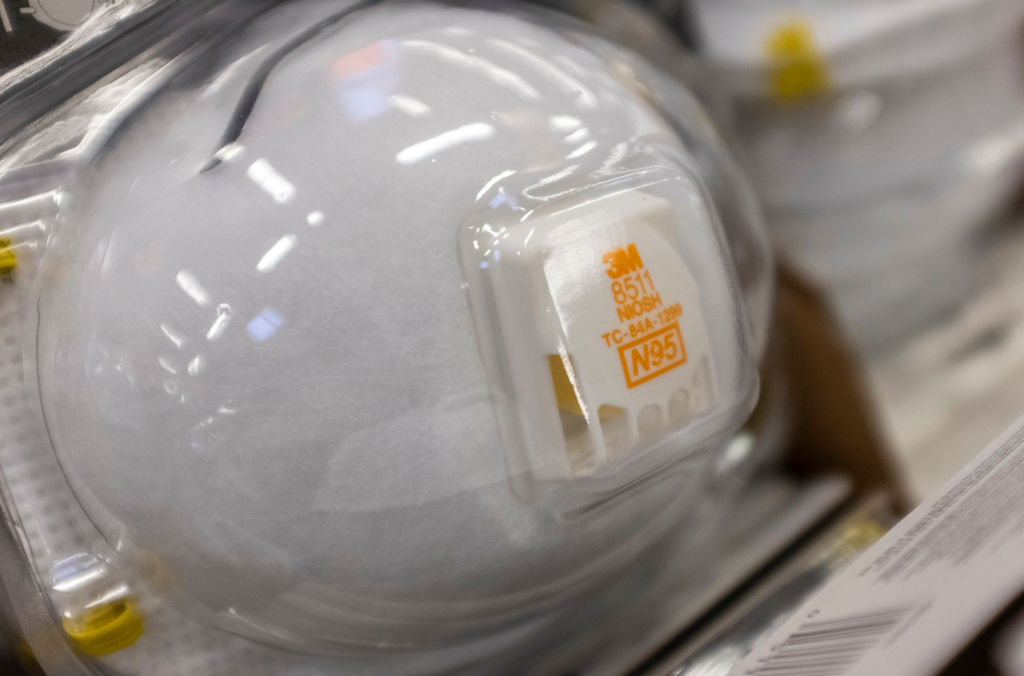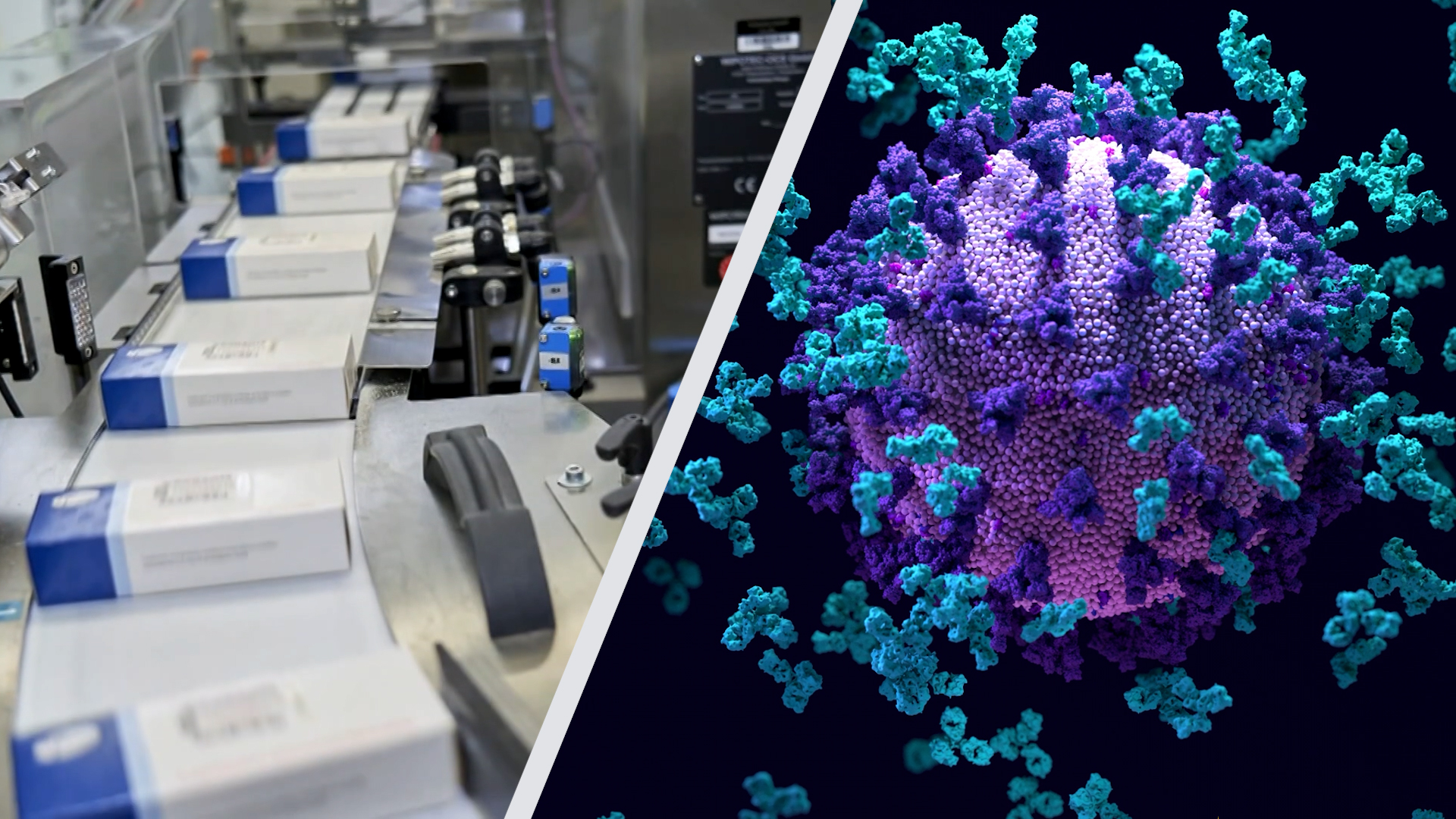If you feel fine, but your dog’s looking at you funny – trust the dog.
A new study on COVID detection found that trained dogs were actually better at correctly determining an infected person’s status in some cases than the typical nose swab antigen tests, according to a paper published Wednesday.
The peer-reviewed work, led by researchers from a French veterinary school and published in PLOS One, is the latest in a long line of research on dogs being used to sniff out COVID. Already they have been used at airports and in concert venues, among other places, to flag potential risk.
sampled 335 adults, both symptomatic and without symptoms. About one-third of them actually had COVID.
Researchers found that the overall sensitivity of the dogs — correctly giving a positive result for an infected individual — was 97%, and got all the way to 100% in those who were infected but asymptomatic.
As to specificity — the ability to correctly diagnose a negative result in an uninfected person — the dogs were right 91% of the time.
“The sensitivity of canine detection was higher than that of nasopharyngeal antigen testing … but the specificity was lower,” the authors wrote in an abstract to the results.
The dogs, a mix of animals from French fire brigades and security dogs from the Middle East, took anywhere from three to six weeks to train.
But don’t throw away your test kits; the authors said that while dogs appeared to be highly reliable, PCR tests were still needed to confirm infection, especially for variants.



0 Comments